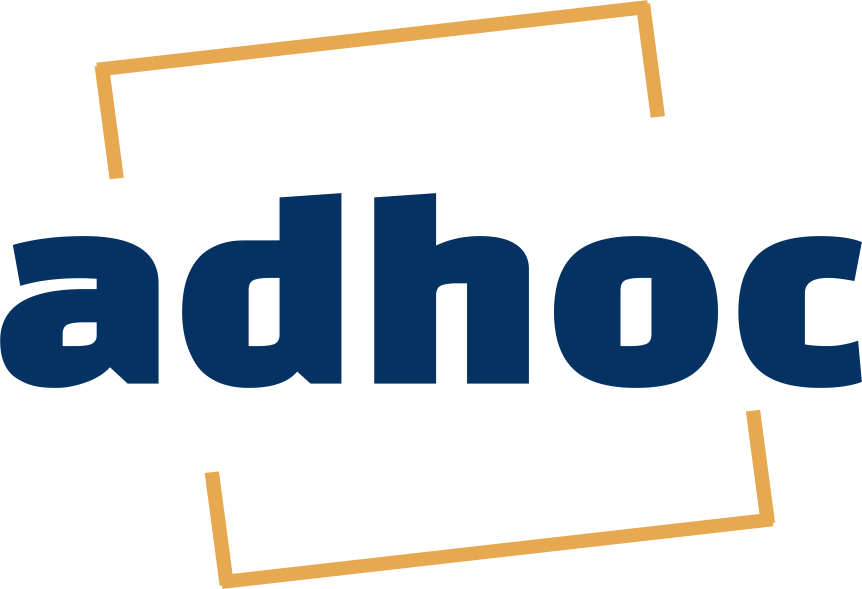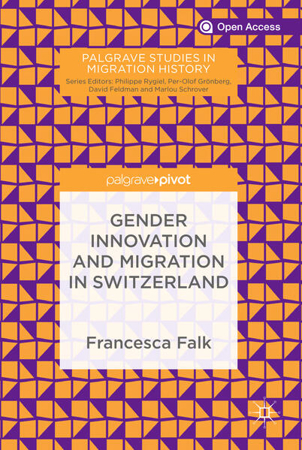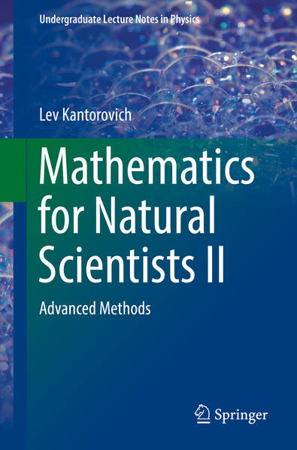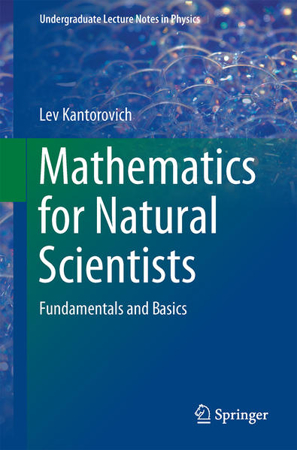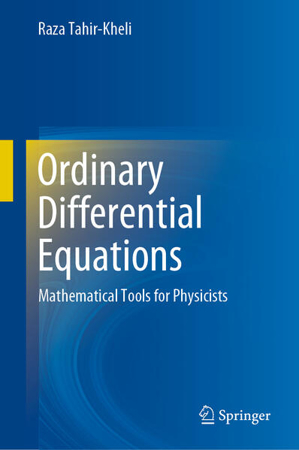Springer Nature EN
This open access book provides an updated and fully revised 4th edition of this authoritative analysis of Swiss democracy. It particularly explains the institutions of federalism and consensus government through political power sharing. In this new edition, the authors also address several important changes and challenges that have affected Swiss democracy, including the country's relationship with the EU, fiscal equalisation, direct democracy and the legitimacy of national referendums, territorial conflict, as well as the polarisation of party politics.
Wolf Linder is Professor emeritus of the Institute of Political Science, University of Berne, Switzerland. His main areas of research are Swiss politics, direct democracy and Europeanisation.
- Introduces a unique framework, Advanced Technology Roadmap Architecture (ATRA), for developing quantitative technology roadmaps and competitive R&D portfolios through a lucid and rigorous step-by-step approach;
- Elucidates the ATRA framework through analysis which was validated on an actual $1 billion R&D portfolio at Airbus, leveraging a pedagogy significantly beyond typical university textbooks and problem sets;
- Reinforces concepts with in-depth case studies, practical exercises, examples, and thought experiments interwoven throughout the text;
- Maximizes reader competence on how to explicitly link strategy, finance, and technology.
Use this hands-on guide to understand the ever growing and complex world of digital security. Learn how to protect yourself from digital crime, secure your communications, and become anonymous online using sophisticated yet practical tools and techniques.
This book teaches you how to secure your online identity and personal devices, encrypt your digital data and online communications, protect cloud data and Internet of Things (IoT), mitigate social engineering attacks, keep your purchases secret, and conceal your digital footprint. You will understand best practices to harden your operating system and delete digital traces using the most widely used operating system, Windows.
Digital Privacy and Security Using Windows offers a comprehensive list of practical digital privacy tutorials in addition to being a complete repository of free online resources and tools assembled in one place. The book helps you build a robust defense from electronic crime and corporate surveillance. It covers general principles of digital privacy and how to configure and use various security applications to maintain your privacy, such as TOR, VPN, and BitLocker. You will learn to encrypt email communications using Gpg4win and Thunderbird.
What You'll Learn
- Know the various parties interested in having your private data
- Differentiate between government and corporate surveillance, and the motivations behind each one
- Understand how online tracking works technically
- Protect digital data, secure online communications, and become anonymous online
- Cover and destroy your digital traces using Windows OS
- Secure your data in transit and at rest
- Be aware of cyber security risks and countermeasures
Who This Book Is For
End users, information security professionals, management, infosec studentsThis textbook describes rules and procedures for the use of Differential Operators (DO) in Ordinary Differential Equations (ODE). The book provides a detailed theoretical and numerical description of ODE. It presents a large variety of ODE and the chosen groups are used to solve a host of physical problems. Solving these problems is of interest primarily to students of science, such as physics, engineering, biology and chemistry.
Scientists are greatly assisted by using the DO obeying several simple algebraic rules. The book describes these rules and, to help the reader, the vocabulary and the definitions used throughout the text are provided. A thorough description of the relatively straightforward methodology for solving ODE is given. The book provides solutions to a large number of associated problems. ODE that are integrable, or those that have one of the two variables missing in any explicit form are also treated with solved problems. The physics and applicable mathematics are explained and many associated problems are analyzed and solved in detail. Numerical solutions are analyzed and the level of exactness obtained under various approximations is discussed in detail.
